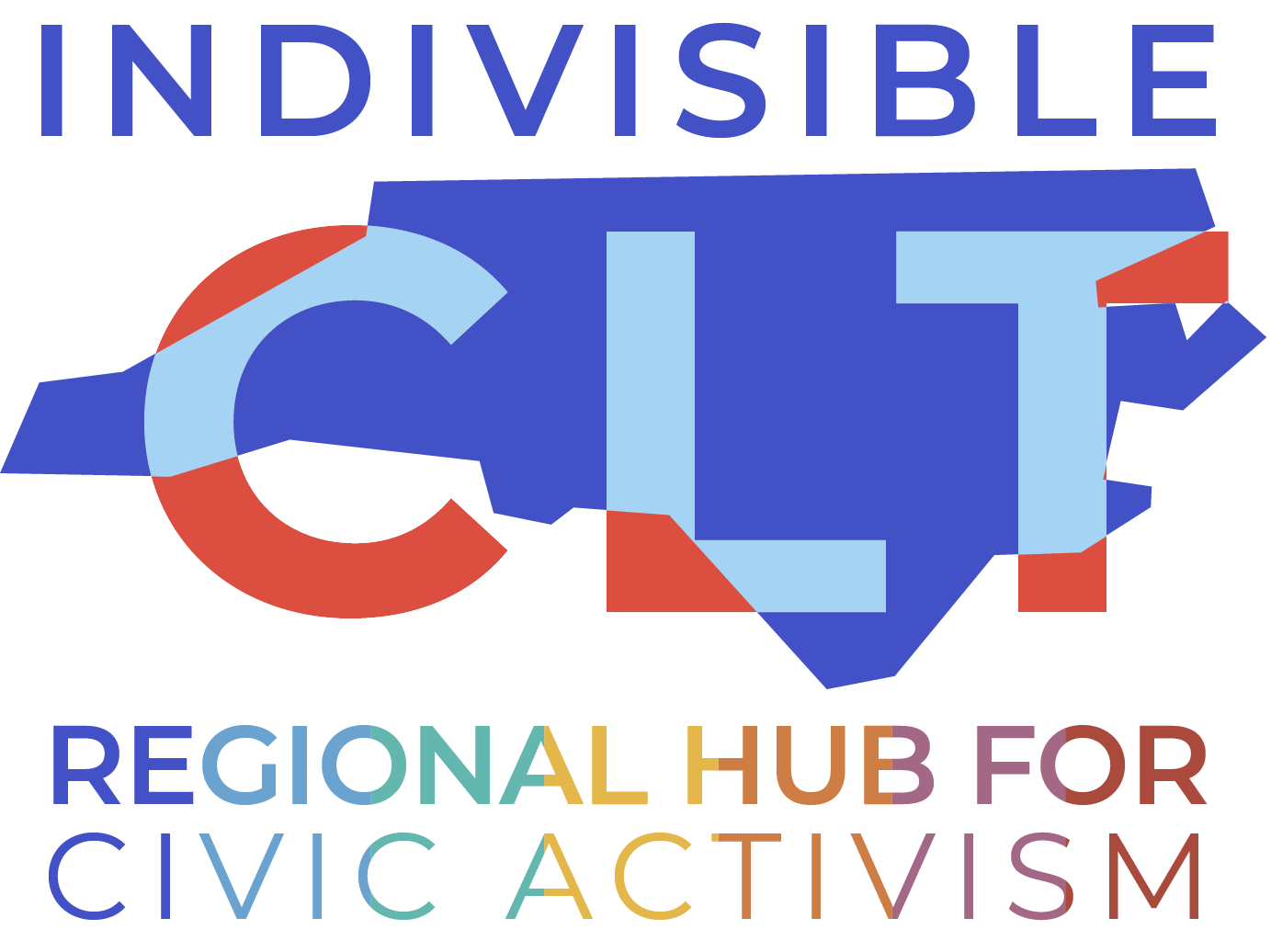Effective December 1st, 2023, North Carolina is expanding eligibility for Medicaid. If you haven’t been able to qualify for medical coverage in the past, you might be eligible now!
Medicaid Expansion will benefit more than 600,000 North Carolina residents. The change means that 300,000 residents currently enrolled in family plans (which offer fewer benefits than traditional Medicaid) will be upgraded to full coverage automatically. The remaining 300,000 residents will mostly be affected by increased and expanded income ranges and must apply for coverage.
What does Medicaid cover?
Coverage is comprehensive offering services such as doctor visits, inpatient/outpatient hospitalization, maternity care, vision, dental and hearing services. Medicaid pays for doctor visits and check-ups, emergency care, mental health care and medical-related devices.
What is the cost of coverage?
There is no monthly premium, but some services require a minimal copay.
Who is eligible to apply?
Adults between the ages of 19 and 64 who earn up to 138% of the federal poverty line may now be eligible. Eligibility is based on earnings and the number of people in your family: for example, singles can earn no more than $20,120/year and families of four can earn no more than $41,400/year.
Applicants must be residents of North Carolina and US citizens. Qualified non-citizens are eligible and there are exceptions for refugees and undocumented non-citizens in certain circumstances. Please refer to the program information link below for additional information.
How do I apply?
The most efficient way to apply is through ePASS which is a website you can use to apply for services like Medicaid. You can apply in person, by phone or by mail at your local North Carolina Division of Social Services office (DSS); go to ncdhhs.gov/divisions/social-services/local-dss-directory to find your local office.
Libraries across the state have stepped up to help community members apply by serving as “Medicaid Ambassadors.” If you don’t have internet access, are not comfortable using a computer, or would like assistance applying, you can start the process with your local library. A list of participating libraries is available from DSS and many can help you navigate the ePASS website.
Application processing time can be as long as 45 days, but ePASS processing may be faster. If your application is processed after December 1st, coverage may be retroactive to that date.
For additional information, please go to the NC Medicaid Site here for program information and to this link for background information.
*Share this information with friends and family in case they or someone they know may be eligible.*
(Briefing compiled by ICLT member, Marshal Auron. Thank you, Marshal!)


